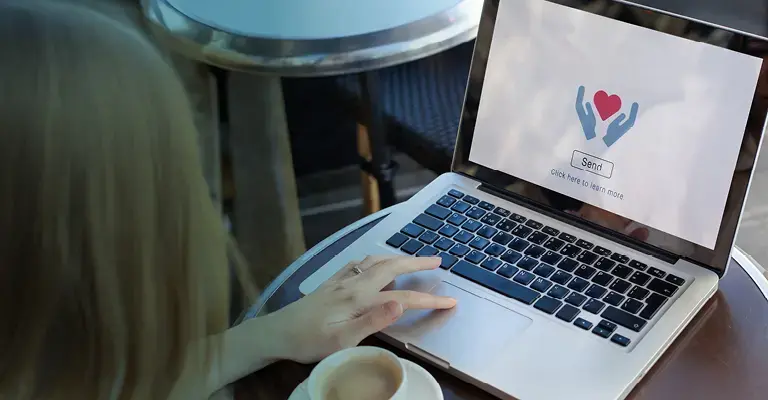Since launching our grantmaking activities in 2014, we have awarded over $26.4 million in support of our research priorities: access, affordability, and the value of legal education.
Awarded Grants
Grant Program
Grant Status
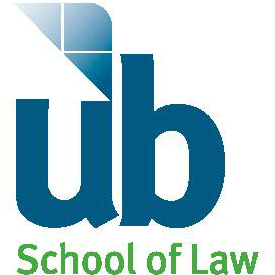
University of Baltimore School of Law
The University of Baltimore School of Law, Charles Hamilton Houston Scholars Program helps underrepresented college freshmen and sophomores develop the academic skills needed to improve undergraduate performance and enhance opportunity for admission to, and success in, law school. Grant funding will support efforts to enhance a three week academic readiness course, establish long term mentoring and networking relationships for students, provide continued support to students throughout college, and provide guidance and direction to complete the application process and enroll in law school.
To read more, please visit http://law.ubalt.edu/admissions/diversity/chhsp/
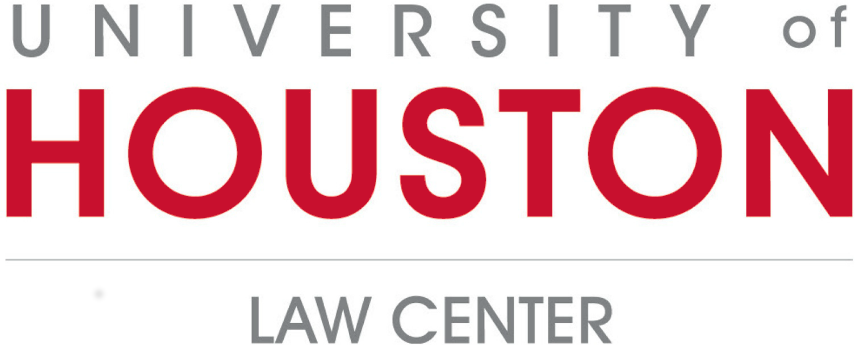
University of Houston Law Center
The University of Houston Law Center Pre-Law Pipeline program is designed to increase the diversity of law school applicants by providing law school preparatory resources–LSAT preparation, introductory law school classes, internships, and professional development sessions–for undergraduate students who are first generation, low income, or members of groups underrepresented in the legal profession. Grant funding will support the administration of the eight-week on-campus summer program and internship. Funding will also support expanded recruitment of students from minority serving institutions.
To read more, please visit http://www.law.uh.edu/pipeline/
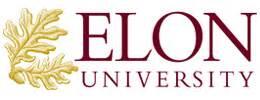
Elon University School of Law
This grant studies the impact and benefits of its innovative new curriculum. Major components include shortening the general course of study to two and a half years, reducing cost by nearly 25 percent and enhancing the educational experience by requiring that all students complete substantial experiential learning components.
To read more, please visit Study: Lower debt, stronger diversity & improved outcomes at Elon Law
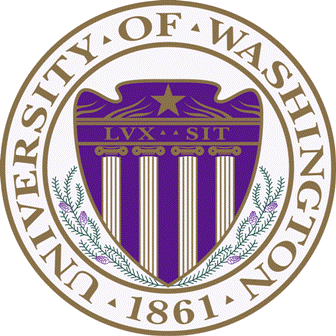
Washington University School of Law
The Washington University School of Law received a grant to support a multi-school examination of the relationship between experiential coursework, bar subject coursework, outcomes on the bar examination, and securing an initial post-graduation legal job.
To read more, please visit A Study of the Relationship between Law School Coursework and Bar Exam Outcomes
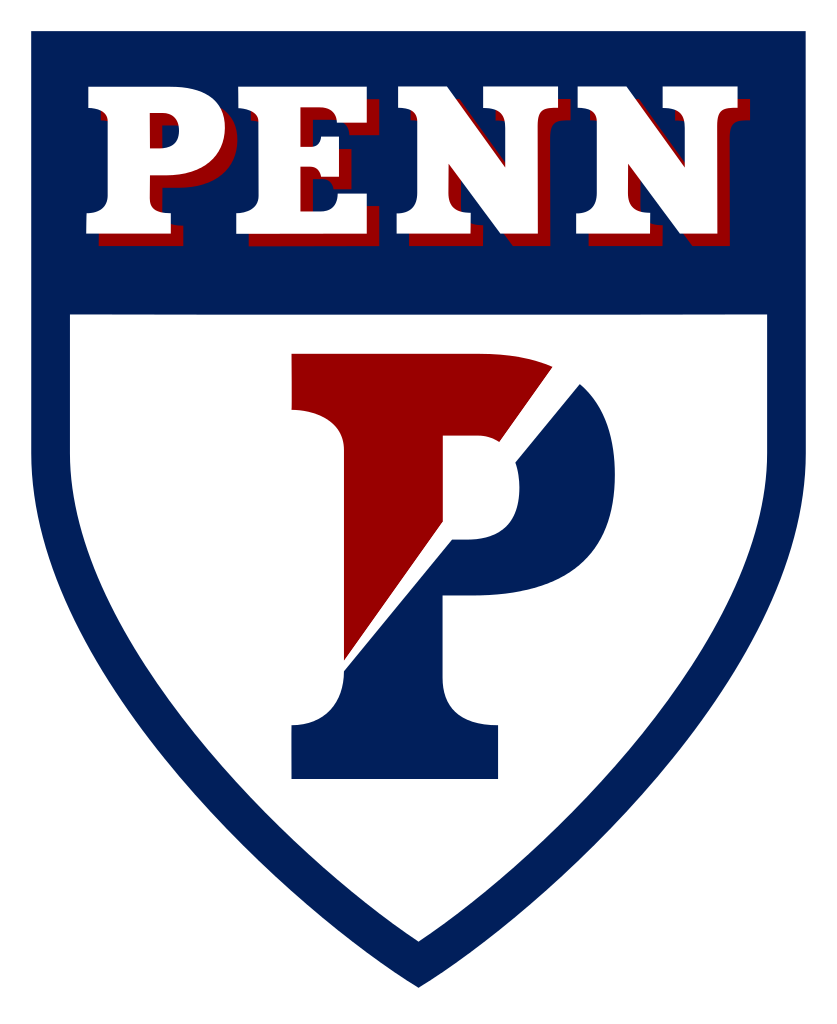
University of Pennsylvania
The Alliance for Higher Education and Democracy at the University of Pennsylvania Graduate School of Education received a grant to analyze the law school admissions market. A set of regression models were estimated for predicting the prices charged by law schools reporting data to the American Bar Association. Similarly, institutional characteristics such as LSAT scores, bar passage rates and employment outcomes were mapped.
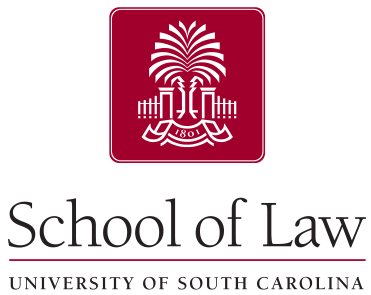
University of South Carolina School of Law
The University of South Carolina School of Law received a grant to assess the viability of race-neutral alternatives in law school admissions. The study surveyed first-year law students on race-neutral aspects of their identity to determine the relationship, if any, between race and identity factors.
To read more, please visit Assessing the Viability of Race-Neutral Alternatives in Law School Admissions
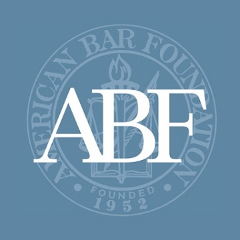
American Bar Foundation
The American Bar Foundation received a grant award to follow up on the work of the American Bar Association Task Force on the Financing of Legal Education. The data that was collected as part of the Task Force’s work, in combination with other data and materials, will be fully analyzed in order to address challenges facing legal education.
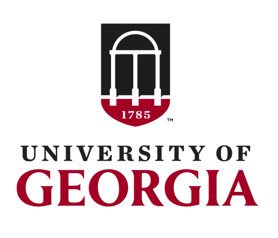
University of Georgia
A $50,000 research grant was awarded to Associate Professor of Higher Education Karen Webber, with the University of Georgia, to examine the increase in graduate student debt between 2008 and 2012.
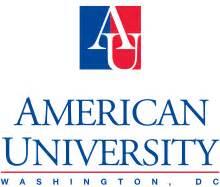
American University
A $49,000 research grant was awarded to Seth Gershenson, assistant professor at American University, to explore whether the demographic match between law school instructors and students affects students’ academic progress and career paths.
To read more, please visit Stereotype Threat, Role Models, and Demographic Mismatch in an Elite Professional School Setting

